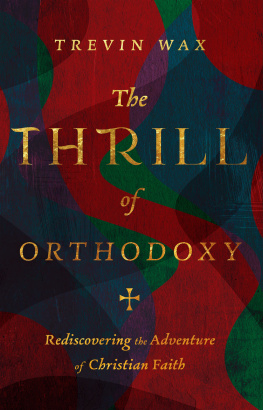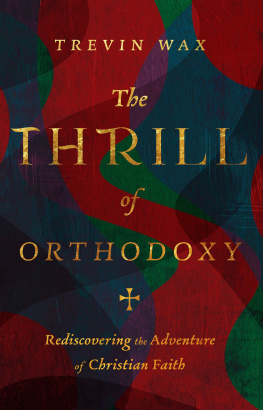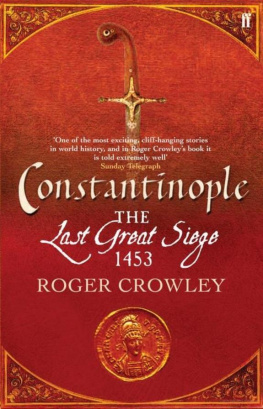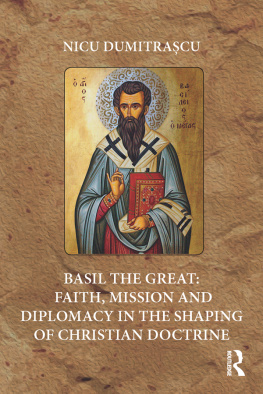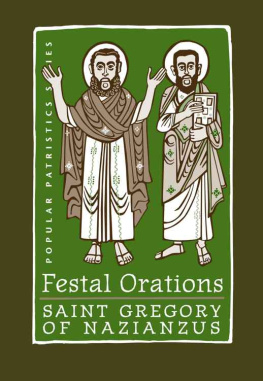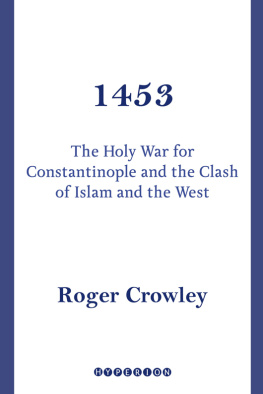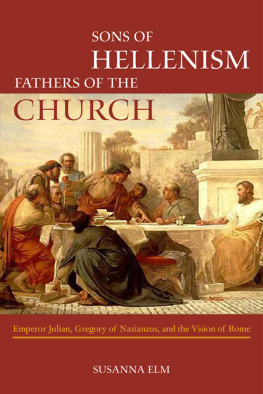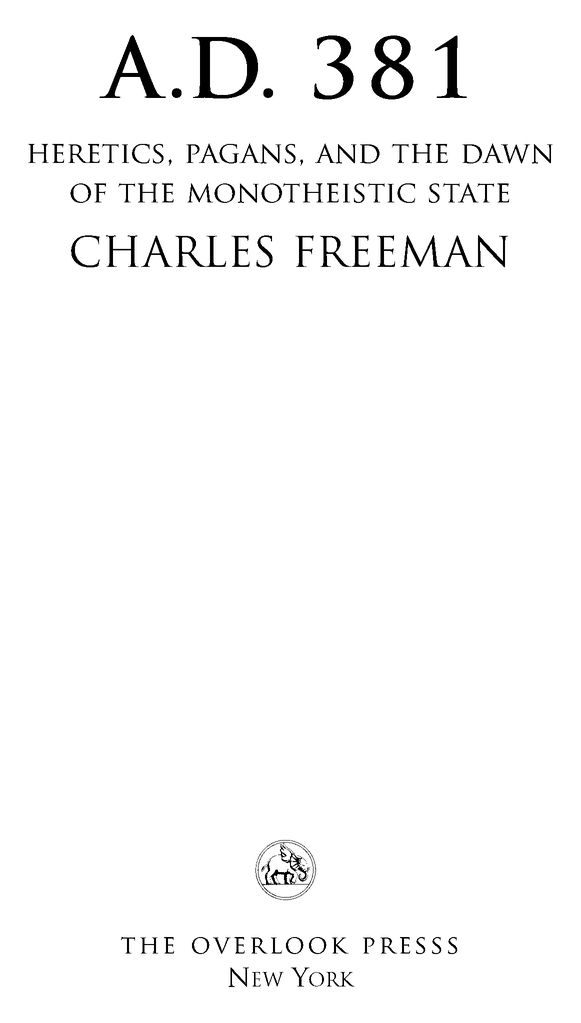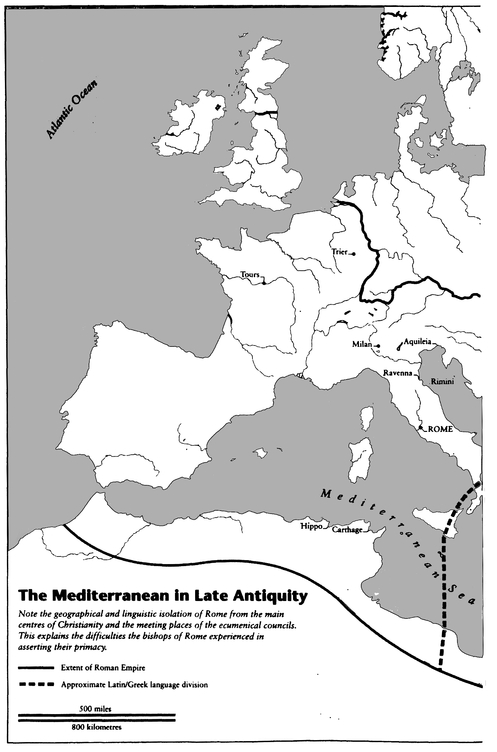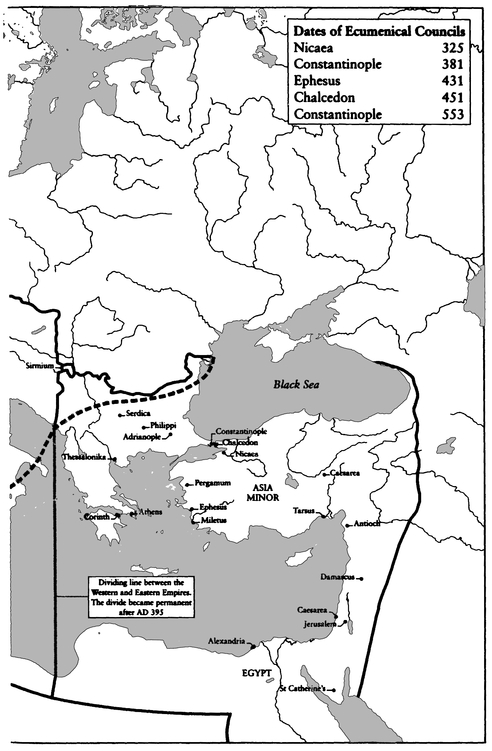Table of Contents
For my children, Barney, Issie, Tom and Cordy,
in the knowledge that they will continue to think freely and
creatively about the things that enthuse them
ACKNOWLEDGEMENTS
The number of books published each year has reached record levels but, paradoxically, it has become more difficult for a writer to get a book accepted. So I am thankful to my agent, Bill Hamilton, for placing AD 381 with Will Sulkin at Pimlico. Will helped clarify the central themes of the book while, after it was completed, Jrg Hensgen offered effective guidance for tidying the text and tightening the argument. I am very grateful to them both. The text has been copy-edited with great care by Jane Selley and the index has been compiled by Oula Jones. My thanks are due to them both.
PREFACE
IN 1999 I signed a contract to write a book that was given the provisional title The Triumph of Hellenism. Its aim was to bring together some of the recent scholarship focusing on Greek culture under the Roman Empire. One of the benefits of Roman stability had been to allow the Greeks to consolidate their cultural dominance over the eastern empire while also maintaining a record of impressive intellectual achievement. Some of the finest minds of the Greek world, Plutarch, Ptolemy, Galen and Plotinus, were working in the early centuries AD and the quality of education for the elite remained extraordinarily high. An early-fifth-century philosopher, Synesius of Cyrene, gave a definition of a Hellene, by which he meant a pagan Greek, as one able to associate with men on the basis of a knowledge of all worthwhile literature. Particularly impressive was the networking of this elite in the distribution to each other of copies of major works in almost every discipline. That literature circulated widely in the Christian as in the pagan world.
Having signed the contract and begun to work on the structure of the book, I had to provide a chapter or two on how the tradition of rational thought, which the Greeks had done so much to define, came to an end. For Edward Gibbon, in his Decline and Fall of the Roman Empire, intellectual life was already stagnant in the early Christian centuries, but this was clearly not the case. The rediscovery by modern scholarship of the cultural vitality of these centuries meant that new explanations were needed for its disappearance. In a Gibbonesque moment, sitting on the edge of the Roman forum, close to where Gibbon himself had been inspired to write his great work, I began looking at the spread of church buildings into the historic pagan centre. Just at a time when the empire was under severe pressure, close in fact to collapse in the west, resources were being shifted from the ancient temples and buildings to opulent churches. Did this reflect a similar shift of the ideology that underpinned the society of late antiquity? My research set off in a new and unexpected direction as I began realising the extent to which the Church had benefited from but had also been shaped by the patronage of the state. After the granting of toleration to Christians by Constantine in 313, an important new phase in Christian history began during which the Church became associated with massive buildings, support of the empires objectives in war and a tightening up of authority as emperors such as Theodosius limited the freedom to discuss spiritual matters by both Christians and pagans. A new book rose from the contract of the old. It was later published as The Closing of the Western Mind.
I was more than happy with the interest and discussion that the subject aroused. Despite some caricatures of my book as an attack on Christianity per se (and the criticism that I was reviving old, discredited arguments even though I was, in fact, responding to new research), most readers accepted the central premise that the Church had become politicised by the state, and the most thoughtful reviews saw the analogy between the fourth century, and the United States of the early twenty-first century where a similar relationship between Church and state appeared to be in the making. It was good to see the number of churches in the United States that chose Closing as one of their discussion books. I had protected my argument by adding a hundred pages of notes detailing the evidence for my argument, and there was no comprehensive attack on my thesis based on an analysis of this evidence. So I went on to other projects. Perhaps my temperament is to blame, but I needed a break from the abusive letters of Jerome, the posturings of Ambrose of Milan and the ever more gloomy prognostications of Augustine. This had never been intended to be my subject and there was no reason to stay with it.
One response, however, continued to bother me. It was the criticism that I had set out to oppose Christianity. I am not particularly drawn to organised religion but I enjoy many religious activities, especially listening and talking to those who have read widely in spiritual literature, Christian or otherwise. In fact, I believe that a spiritual dimension is part of any healthy mind. It is surely right to reflect on values that go beyond the purely material, and I find the somewhat frenzied denunciations of Richard Dawkins and his supporters simplistic. Human beings have always organised themselves to participate in what can only be called religious activities and to speculate on what may or may not lie beyond the material world. They have gained great comfort from their shared involvement in these activities. How Professor Dawkins imagines one can ringfence this aspect of human behaviour and somehow eliminate it is not clear. (One thing I notice about Dawkins work is that he has no sense of the emotions that drive people to search for religious meaning.) Where I have difficulty is being asked to believe one dogma or another on grounds of faith when there is no rational underpinning for that dogma. One can surely combine a sense of the spiritual, an understanding of the importance of ritual, without having to express this in absolute statements of what God might or might not be. Often, as in the case discussed in this book, one can, in fact, pinpoint the specific historical and even political, rather than theological, context in which an item of belief became privileged over alternatives and was then transformed into dogma.
Ever since Christianity became deeply embedded in the structure of secular societies, there has been a debate over the extent to which religion and civilisation reinforce each other. This debate seems to lead nowhere largely because what is meant by civilisation and Christianity has fluctuated so widely. There were Christian churches that supported apartheid in South Africa, Christians who led the fight against it. Earlier there were Christians who claimed that the Bible showed that God had decreed the state of slavery. Slavery is Gods punishment for sin, as Augustine put it in his City of God. I am reminded of the nineteenth-century bishop of Vermont who expressed his personal revulsion for slavery but who acknowledged that his frail intellect on the subject had to be overruled by the authority of God on the matter as clearly expressed in the scriptures. Despite this apparently divine support for the institution, it was Christians who initiated the abolition of slavery. Again, in the twelfth century Bernard of Clairvaux, the scourge of the brilliant Abelard, was able to opine, Let him who has scanned the heavens go down to the depths of Hell. It is equally possible to conceive of a (Christian) God who has created the world to run according to stable natural laws and who exults in giving human beings reasoning minds to discover and understand them. Newton was one of these, even though he rejected the doctrine of the Trinity. So there are traditions within Christianity (and other religions) that have opposed scientific investigation and others that have supported it. Similarly, while Francis of Assisi preached poverty, he was soon commemorated in his home town after his death by some of the most costly and beautiful buildings of the Middle Ages.


